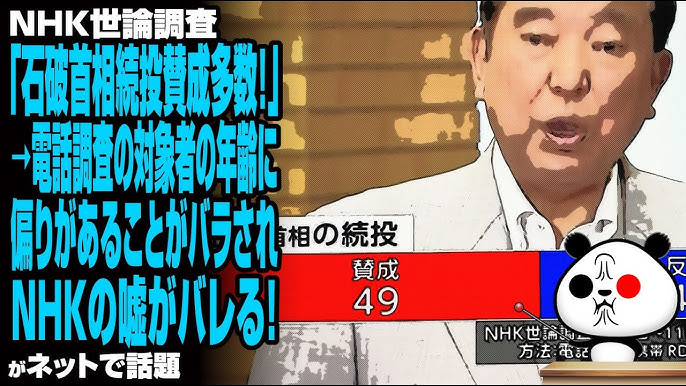This story delves into a recent public survey in Japan that has displayed an apparent age bias, a matter deemed as a major issue by NHK, the nation's public broadcaster. The specifics of the survey aren't detailed in the headline but the use of the term 'age bias' suggests disproportionate representation of certain age groups. NHK has responded to the situation, acknowledging it as a problem that needs to be addressed, though their exact course of action is not mentioned.
Public opinion is highly valued in Japan and surveys are commonly used to gauge it. NHK, as a publicly funded broadcaster, is expected to represent all demographics fairly. Any perceived bias, including age bias, is viewed seriously, as it can skew the portrayal of public sentiment and potentially influence policies or societal views.
This issue is not uncommon in both the US and EU where concerns regarding the fair representation of various demographics have often been raised. Media agencies and surveying bodies in these regions are also criticized for potential biases and steps are often taken to ensure diversity and representation.

